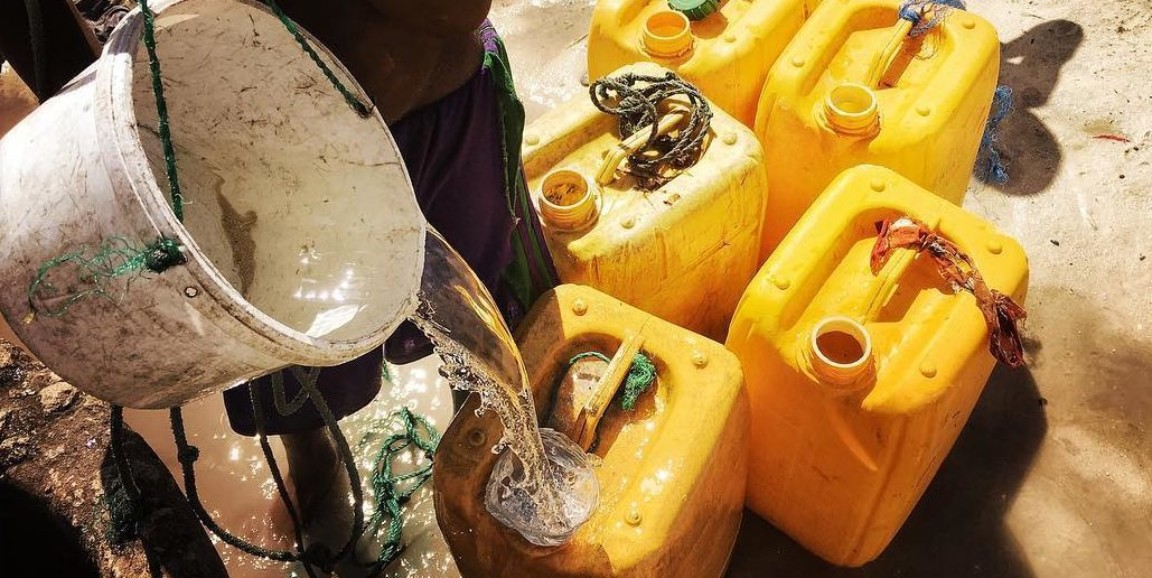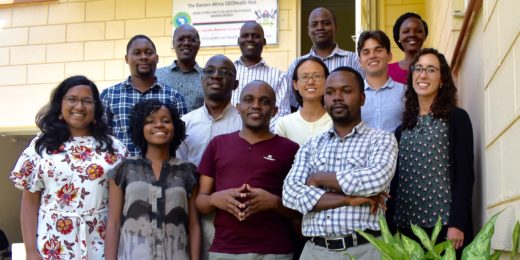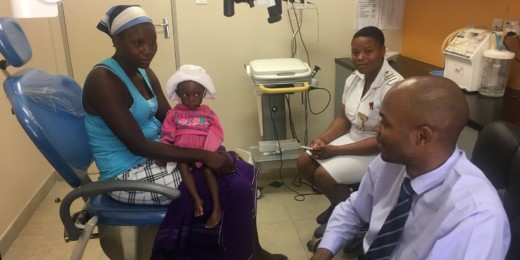Babirye Melinda has worked as a nursing officer in Uganda's health sector for nearly 25 years. She currently works in the rural western part of the country, at a clinic that delivers 20 babies per month and provides services, such as immunizations, general health education and prenatal care.
Like many medical facilities in Uganda's rural areas, the center struggles to maintain a constant supply of clean water. When I met Babirye and asked to interview her, I had no idea how often she and other health workers have improvised solutions. (A pseudonym was used for this article because our research promises anonymity to participants.)
Babirye told me that in her community, each household lives on less than $2 a day. Because the area is hilly, officials have struggled to drill boreholes or construct water networks to supply these households. As a result, most people do not have access to piped water. They face two unappealing alternatives for accessing clean water: stealing it from the health facility or fetching it from the same dam the cows drink water from.
Earlier this year, in desperation, a local family sent their 12-year-old son to take water from the clinic's rainwater harvesting tank, Babirye told me. Neighbors witnessed him cutting through the plastic tank with a machete to collect two buckets' worth of water. After leaders at the facility identified the culprit, he admitted what he'd done, and the family paid a fine to the local chief. However, Babirye said, the fee was not sufficient to pay for mending the damage.
This incident caused a dire problem for the health clinic. No clean water was on the way to replace what had been stolen: the building had no infrastructure for piped water, and since it was the dry season, no rainwater was expected. What's more, with the damaged tank, the staff had no way to safely store the little water that was left.
Then Babirye had an idea:
In town we have these young men who use fire and plastic to melt damaged jerry cans. I wondered to myself if I could use the same technique that I had seen them use to mend our rainwater tank.
She found an old plastic bottle in the dispensary and made a fire using charcoal. It took some effort to recall how she had seen those boys fixing the jerry cans but, by the end of the day, she'd succeeded. She had fixed the tank!
To this day, Babirye told me, the clinic's rainwater tank has not leaked. That's not to say that the community's water problems have been solved -- security guards employed by the local government now watch over the facility's tank -- but there's no doubt that her ingenuity made a difference for the clinic and people receiving health care there.
Listening to her story -- and hearing from other Ugandan health workers through our research project -- made me think about the power of taking initiative and seeking out local innovation. These professionals have improvised in a number of ways during times of water scarcity.
For example, Babirye told me that because the clinic can't provide clean drinking water for patients taking their medication at the clinic, the nurses encourage them to bring bushera -- a millet-based porridge -- so they can swallow their pills.
A midwife at another health facility said they charge mothers 30 cents to take a bath after delivering a baby. This money is used to send someone to the local trading center to buy a jerry can of water.
Over the eight weeks I spent in rural Uganda, I saw firsthand how far-reaching the challenge is to get a sustained source of clean water to health facilities there.
These big problems won't be solved overnight. Piped water supply is often unreliable because of the hilly terrain. Energy-efficient gravity water schemes are common; but clinics that are at a higher altitude than the processing plants and pumps cannot access this water. Then, even when clinics do have access to piped water, service is frequently cut off because the facility can't afford to pay the $8 utility bill every month. Many have resorted to relying on rainwater, but that is in scant supply for six months of the year during the dry season.
Our research project is working hard to develop a blueprint for a solution. But Babirye showed me the value of a different kind of leadership, on perhaps a smaller scale.
I think voices like hers will be critical as we puzzle this through together.
Dumisile Mphamba is a junior at Stanford majoring in medical anthropology.
Clean Water for Health in Uganda is a series providing insights from the "Sustainability of WASH Services in Rural Healthcare Facilities in Uganda" research project, which is led by Stanford's Program on Water, Health and Development and in collaboration with Stanford Medicine and Makerere University. Mphamba was supported by the Stanford King Center on Global Development's Summer Undergraduate Field Research Assistant Program.
Photo by Elijah Nouvelage






